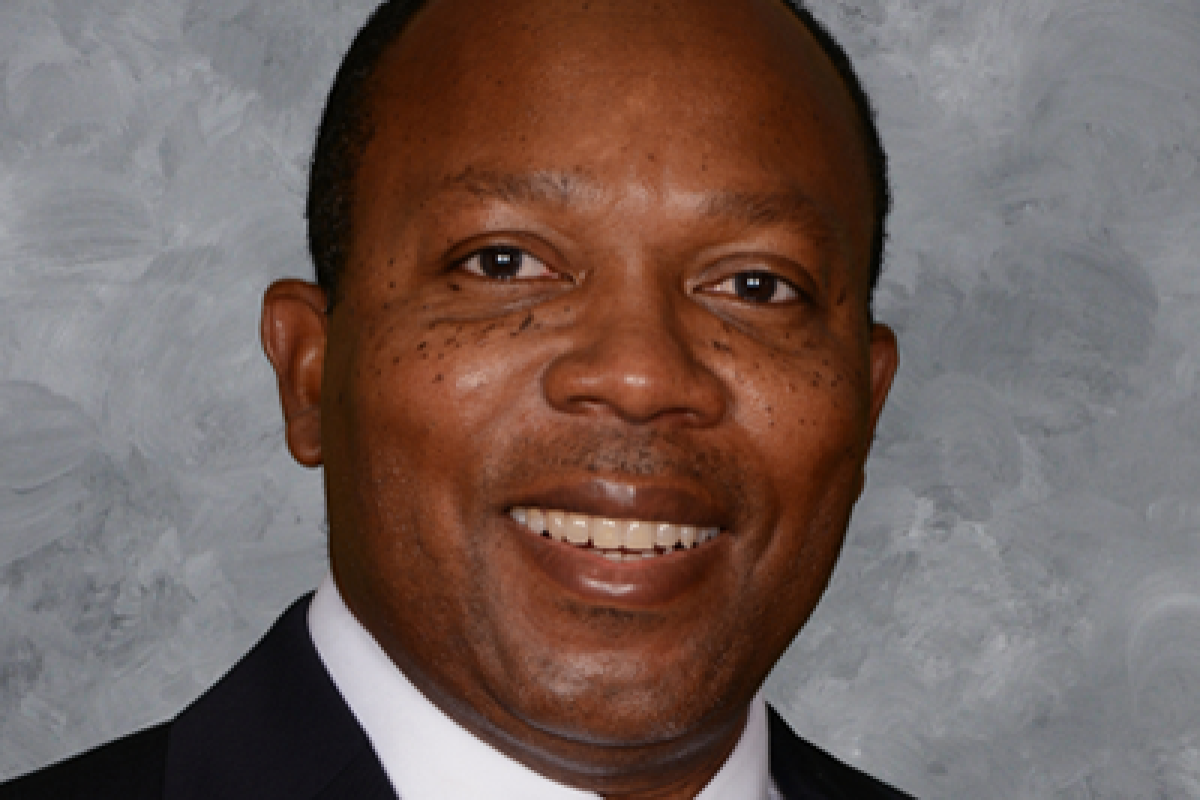Henry Brem is the Harvey Cushing Professor of Neurosurgery at The Johns Hopkins University, Director of the Department of Neurosurgery, and Neurosurgeon-in-Chief. He also is a professor of Oncology, Ophthalmology, and Biomedical Engineering. Brem received his undergraduate degree from New York University, his medical degree from Harvard, and trained in neurosurgery at Columbia. He has built one of the largest brain tumor research and treatment centers in the world. He has trained numerous researchers who have revolutionized the fields of intraoperative imaging, angiogenesis, immunotherapy, and controlled release polymers for drug delivery to the brain. His work has been continuously funded by the NIH since 1982 and is currently funded by several active grants. He has published over 350 research papers, 57 book chapters, 11 patents, and an H index of 93 with over 35,000 citations.
Dr. Brem is committed to collaboration across disciplines to inspire and facilitate the translation of scientific advances for direct patient benefit. As such, he has helped found Johns Hopkins Brain Science Institute and was co-principal investigator of the Johns Hopkins Coulter Foundation “Translational Research Partners Program” which funded innovative biomedical engineering projects across disciplines that have the potential to rapidly develop into useful products for patients. Henry Brem has developed new tools and techniques that have changed the field of neurosurgery. Brem carried out the pivotal clinical study that introduced navigational imaging into the neurosurgical suite. His work led to the FDA’s approval of the first image guidance computer system for intraoperative localization of tumors. Furthermore, he has changed the surgical armamentarium against brain tumors by inventing and developing Gliadel® wafers to intraoperatively deliver chemotherapy to brain tumors.





